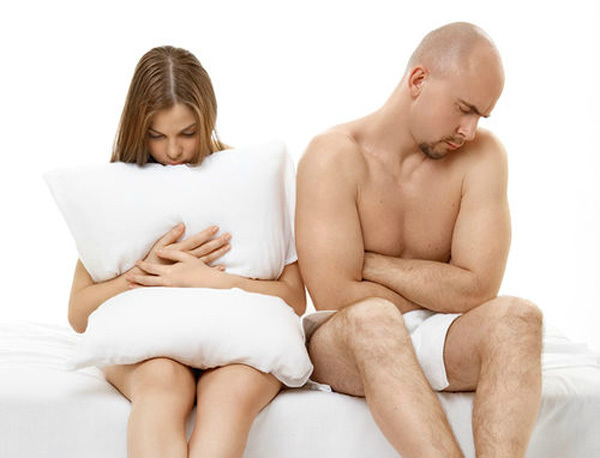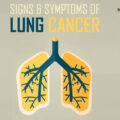Hormones are often blamed for every teenager’s notorious moodiness, but the truth is that your body cannot survive or function properly without hormones. Hormones act as messengers between body systems in order to regulate physiology and behavior. This means that everything from your digestion, sleep, reproduction, and mental state is influenced and controlled by the hormones in your system.
Estrogen, progesterone, and testosterone are the three most common hormones associated with hormone imbalance and sexual dysfunction, but there are other hormones like melatonin and cortisol that might also fall out of balance over time.
Hormonal imbalances occur when there is too much or too little of a hormone in the bloodstream. Because of their essential role in the body, even small hormonal imbalances can cause side effects throughout the body. Hormones are important for regulating most major bodily processes, so a hormonal imbalance can affect a wide range of bodily functions.
Men and women alike can be affected by imbalances in insulin, steroids, growth hormones, and adrenaline. Women may also experience imbalances in estrogen and progesterone levels, while men are more likely to experience imbalances in testosterone levels.
What Causes Hormonal Imbalance?
An imbalance in hormones can be caused by unusually high stress, insufficient sleep, an unhealthy diet, diabetes, menopause, pregnancy, thyroid problems, and other conditions. The body has a very delicate chemistry. Changes in that chemistry can quickly produce noticeable symptoms and other health problems.
Symptoms of Hormonal Imbalance
Bloating, fatigue, irritability, hair loss, palpitations, mood swings, problems with blood sugar, trouble concentrating, infertility — these are just a few symptoms of hormone imbalance. These compounds affect every cell and system in the body. Hormone imbalance can debilitate you. Some hormonal shifts are normal, like monthly fluctuations of sex hormones responsible for menstruation and ovulation or the changes that occur during pregnancy. Menopause is another time for a normal hormonal shift in a woman’s life. Many women may experience weight gain, mood swings, night sweats, and diminished sex drive during this time. Other times these fluctuations may be due to a medication or a medical condition.
Women vs. Men
For women, experiencing irregular periods, seeing excessive body hair sprout up, breaking out and gaining weight all are symptoms of a change in your body’s hormones. Each symptom alone may not seem like a cause for concern, but together, may be a red flag that something is off. Women experience hormonal imbalances at key transitions in their lives, for example, puberty, child birth, perimenopause and menopause. For men, a hormonal imbalance can present as a decreased sex drive, loss of hair and loss of muscle mass and too often are seen as simply a sign of maturing.
Help for Hormonal Imbalance Near You
While a hormone imbalance is a frustrating and difficult experience, there is help. Various treatments, including natural therapies, medication and lifestyle changes, may be successful in addressing hormonal imbalances.
Perhaps the most common medical treatment of hormonal imbalance is the prescription of bioidentical or synthetic hormones. This is known as hormone replacement therapy.
- Bioidentical hormones (which can include estrogen, progesterone, DHEA, and testosterone) are derived from a natural substance.
- Synthetic hormones are created to mimic the effects of natural hormones.
Both types of hormone replacement therapy can be very effective at restoring balance and resolving symptoms. Ask your doctor to provide you with specific lifestyle changes and guidelines that can help naturally restore hormonal imbalance.






